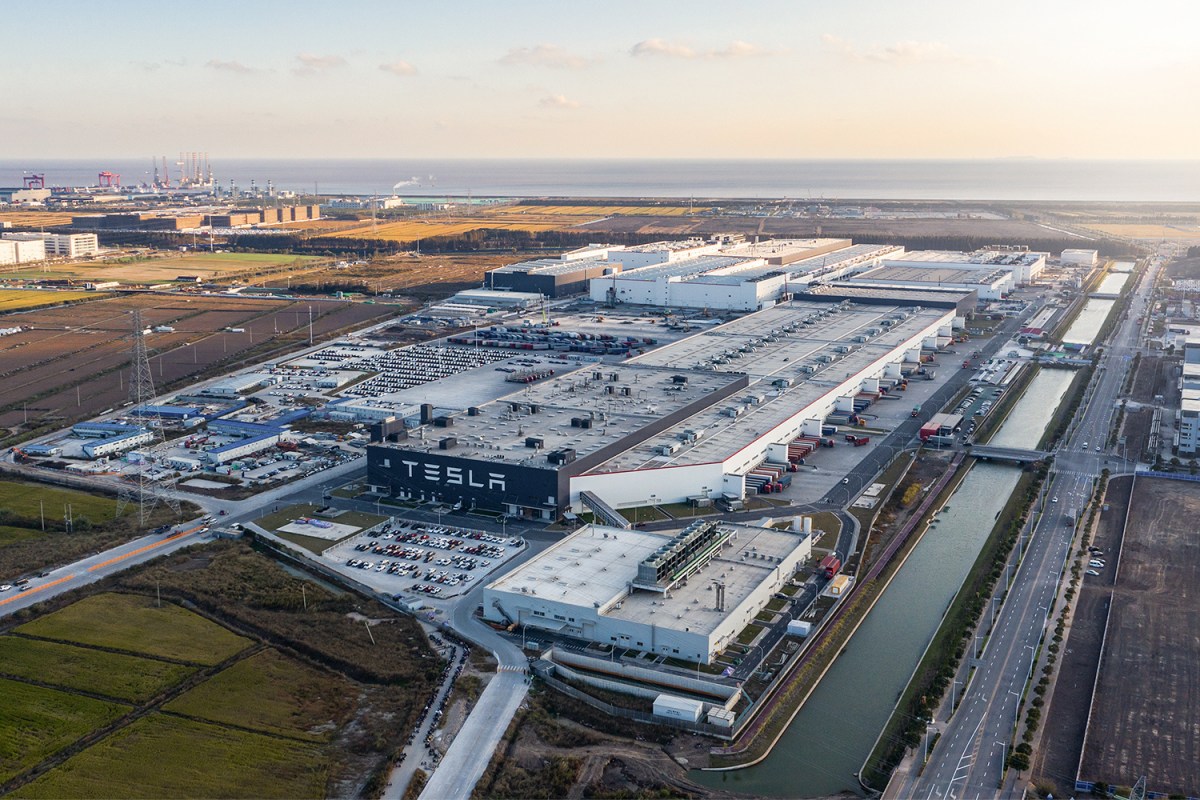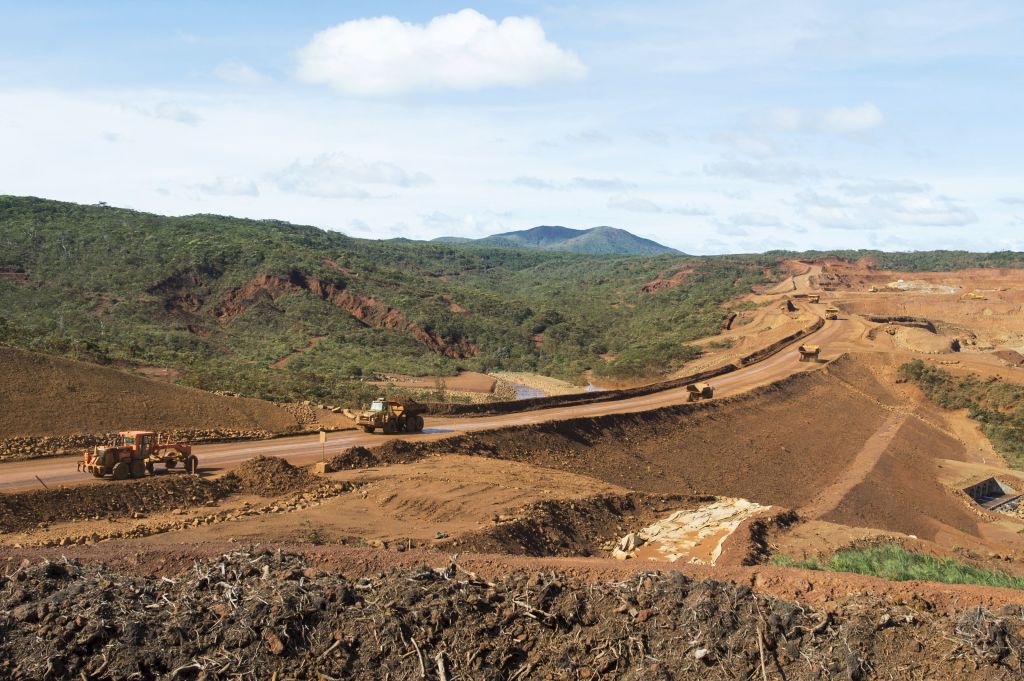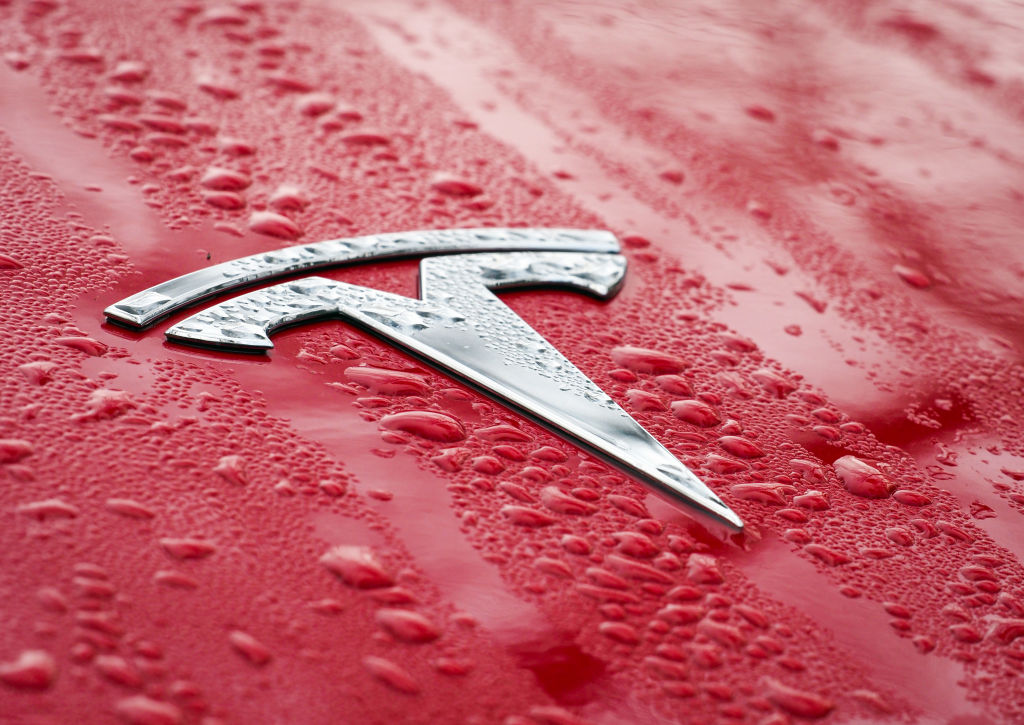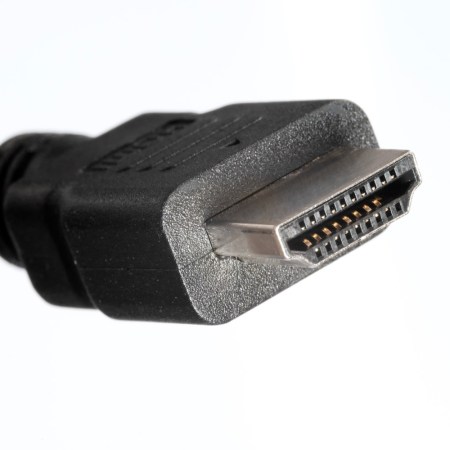Last year, we recommended not buying a car. But there’s a good chance you couldn’t get your vehicle of choice even if you had the cash in hand, thanks to automotive production cuts due in large part to a shortage of computer chips.
The numbers so far show the pain these disruptions have caused most automakers. In December, Ford said its year-to-date U.S. sales numbers through November were down 5.2% compared to 2020. General Motors reported its total sales were down 13% “because of semiconductor supply chain issues.” There were some bright spots, though, with Toyota beating out GM to become the top-selling automaker in the U.S. thanks to a 10.4% year-over-year sales increase. As Bloomberg reports, the auto industry as a whole is projected to see a modest 2.5% increase in sales in the country compared to the first year of the pandemic.
There is one outlier, though, a car company that not only beat the 2.5% average, but blew Toyota’s 10% increase out of the water: Tesla. Elon Musk’s electric vehicle company trounced competitors, overcame shortages and defied expectations in 2021 by delivering over 936,000 vehicles globally, an 87% increase from the year before, marking its best year ever, as reported by The New York Times.
“Wall Street analysts had been expecting deliveries of about 266,000 cars in the fourth quarter, and about 855,000 for the year,” the Times wrote. As such, Tesla’s stock surged after the surprising numbers were announced on Sunday.
From Tesla’s own press release, which is short on details, the Model 3 sedan and Model Y SUV led the sales increase, with a total of 911,208 of those two vehicles being delivered. The high-performance Model S and Model X SUV accounted for just 24,964 deliveries.
As the Times explains, there are two major reasons Tesla was able to overcome the obstacles of a pandemic-ravaged world and increase production. For one, growing sales in Europe and China were hugely important. But in terms of the chip shortage, while older automakers were stuck leaving features out of certain vehicles if they couldn’t acquire chips, or simply holding onto vehicles until they could install chips, Tesla — which is first and foremost a tech company — was able to work around the problem and get vehicles to customers.
“In July, Tesla’s chief executive, Elon Musk, said his company was overcoming the shortage by switching to types of chips that were more readily available and writing new instructions, or firmware, to be embedded into the chip,” the Times wrote. “Tesla can make such a switch because the components in its cars are designed to be controlled largely by software.”
These types of on-the-fly changes to car technology are less feasible for legacy automakers, giving Tesla the upper hand in this instance. But the company’s forward-thinking approach has also landed it in hot water, like the current National Highway Traffic Safety Administration investigation into its Autopilot driver-assistance system.
And while Toyota has said its banner year of beating out GM in the U.S. is not sustainable, Tesla is betting on similar production increases well into the future. That forecast is looking promising, as the automaker’s new EV factories — in Austin, Texas and Grünheide, Germany near Berlin — were slated to open in 2021, but are now on track to start production in early 2022.
At this point, it may be prudent to focus on Tesla’s winning formula and not even gamble on the Cybertruck, which Musk has admitted may not be a hit. But then again, prudence hasn’t always been Musk’s strong suit.
Thanks for reading InsideHook. Sign up for our daily newsletter and be in the know.

















